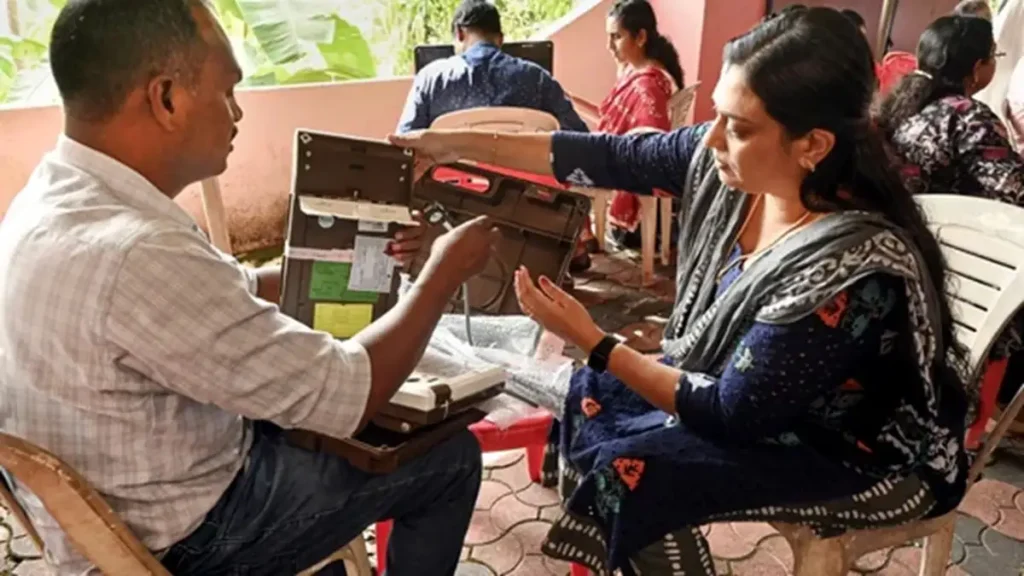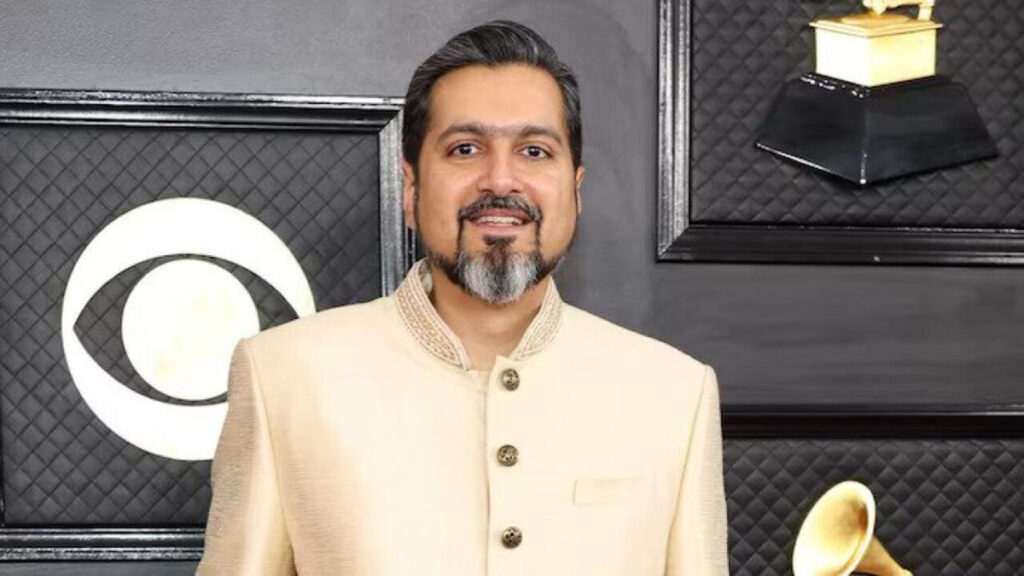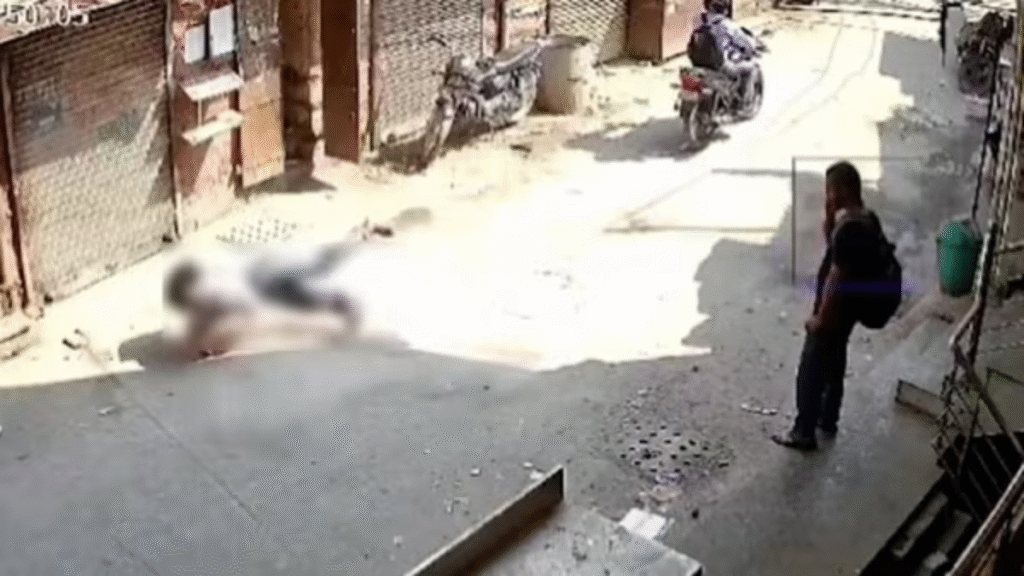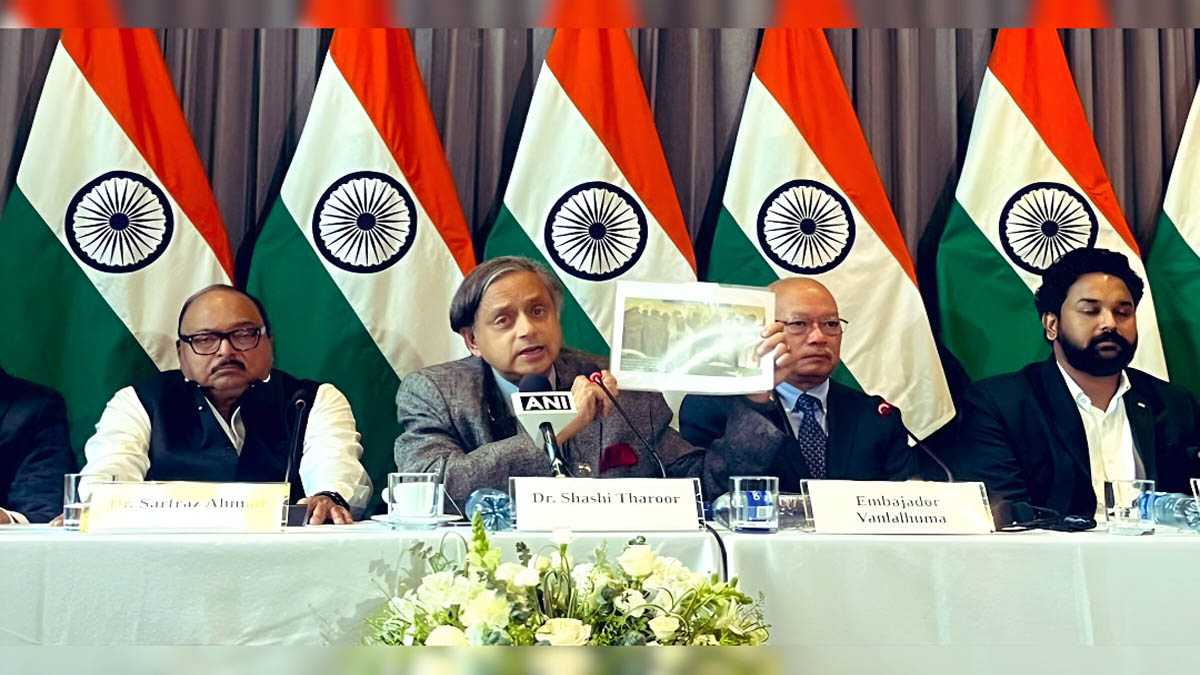Now Reading: Rajnath Singh: Hand Over Hafiz Saeed, Masood Azhar for Talks with Pakistan
-
01
Rajnath Singh: Hand Over Hafiz Saeed, Masood Azhar for Talks with Pakistan
Rajnath Singh: Hand Over Hafiz Saeed, Masood Azhar for Talks with Pakistan
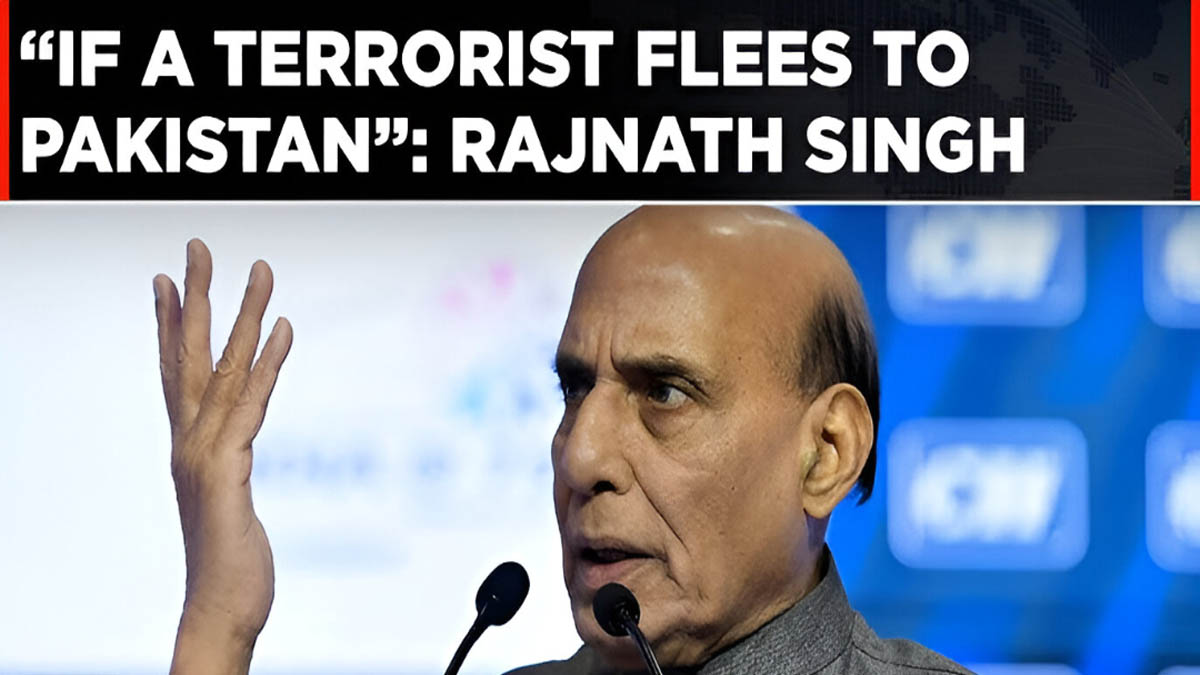
In a significant reiteration of India’s stance on dialogue with Pakistan, Defence Minister Rajnath Singh today declared that any meaningful talks between the two nations would be contingent upon Pakistan handing over UN-designated terrorists Hafiz Saeed and Masood Azhar to India. Speaking aboard India’s first indigenous aircraft carrier, INS Vikrant, off the Goa coast, Singh emphasized that justice for their crimes must be served.
This statement comes amidst Pakistan’s repeated overtures for dialogue, which India has consistently maintained cannot proceed alongside the continued sponsorship of cross-border terrorism. “If Pakistan is serious about talks, it should hand over terrorists like Hafiz Saeed and Masood Azhar to India so that justice is served,” Singh asserted, highlighting that both individuals are not only on India’s ‘Most Wanted’ list but are also designated terrorists by the United Nations.
Hafiz Saeed, the founder of Lashkar-e-Taiba (LeT), is widely regarded as the mastermind behind the horrific 2008 Mumbai terror attacks, which claimed over 160 lives. Masood Azhar, chief of Jaish-e-Mohammad (JeM), is implicated in numerous terror incidents, including the 2001 Indian Parliament attack, the 2016 Pathankot airbase assault, and the 2019 Pulwama attack. India has long provided Pakistan with dossiers containing evidence against these individuals, demanding their extradition or prosecution.
The Defence Minister’s remarks also touched upon “Operation Sindoor,” a recent Indian military operation described as a “frontal assault against terrorism.” Singh credited the Indian Navy’s aggressive deployment and maritime supremacy during the operation with effectively confining the Pakistani Navy to its shores, demonstrating India’s readiness to respond decisively to any “evil or unethical” acts by Pakistan. He warned that if Pakistan instigates any further terrorist activities, it would face severe consequences and defeat, stating unequivocally that India would use “every method to root out the menace of terrorism.”
India’s consistent position has been that “terror and talks cannot go together,” a sentiment reiterated by External Affairs Ministry officials on multiple occasions. The emphasis on handing over these specific terrorists underscores India’s demand for concrete action against terror infrastructure operating from Pakistani soil. The recent extradition of Tahawwur Rana, an accused in the Mumbai attacks, to India further strengthens New Delhi’s resolve to bring all perpetrators of terrorism to justice.
This firm stance from India signals that while the door to dialogue is not entirely closed, it is conditional upon a credible and irreversible dismantling of terror networks by Pakistan and the delivery of justice for past atrocities. The ball, it appears, is now in Pakistan’s court to demonstrate its seriousness about peace by taking tangible steps against the individuals and organizations that continue to undermine regional stability.

